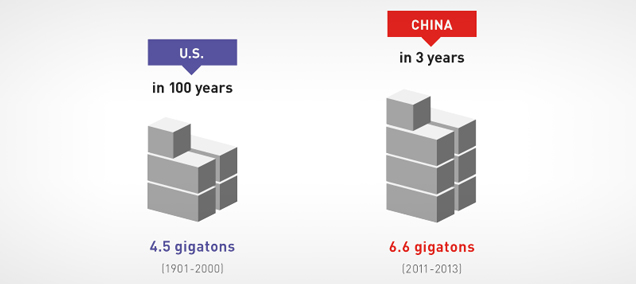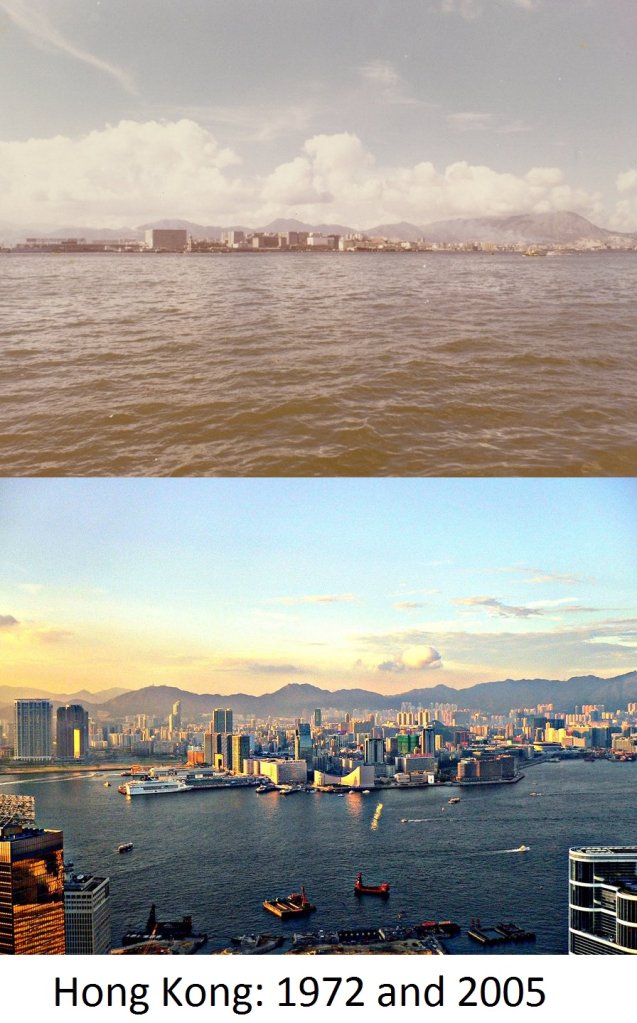
There are a number of issues with the way that we produce goods. We pollute our air and our water ways with harmful chemicals; we level forests and destroy habitats (and create mass extinction events as a result); and we fill our dumps to the brim with materials that are left over from the production process. However, our environmental issues aren’t limited to how we produce things. There is also a serious problem with how much we consume.
In truth, even if we completely altered our methods of production, we would still be in quite a fix because, ultimately, our consumption culture is simply unsustainable.
According to the United Nations, “today’s consumption is undermining the environmental resource base. It is exacerbating inequalities. And the dynamics of the consumption-poverty-inequality-environment nexus are accelerating. If the trends continue without change — not redistributing from high-income to low-income consumers, not shifting from polluting to cleaner goods and production technologies, not shifting priority from consumption for conspicuous display to meeting basic needs — today’s problems of consumption and human development will worsen.”

Some may claim that, eventually, we will reach a plateau—that things will even out once people around the globe have what they need technologically and materially. But that’s the thing about consumption: It’s not about needs; it’s about desires. And it seems our desires are insatiable and unabating.
Indeed, our consumerist mentalist is only increasing. Case in point: According to the United States Geological Survey (USGS), China has used more concrete from 2011 to 2013 (just three short years) than the United States did over the course of the entire 20th century. China has used a staggering 6.6 gigatons in three years, compared to the 4.5 gigatons that the United States used over the course of 1900 to 2000. To put that into perspective…

If you need concrete images (pun intended) to help you understand the significance of these figures, then take a look at the below image. This will help you see what industrialization does to the world. It show how, ultimately, it is not just about making chemicals that pollute the biosphere…it is about a method of living that necessitates the appropriation (and subsequent destruction) of entire habitats.


Ultimately, if we want to protect the biosphere and mitigate the damage caused by human industry, we need to alter the way that we live. I don’t mean that we need to turn off our lights, start composting, and turn off our heaters in the winter (though those things would help). Rather, in order to really alleviate our environmental impact, we need to completely alter both our industry and the way that we live. We can’t just point our fingers at Big Oil. We also need to look at ourselves.
Hat tip to Sploid.